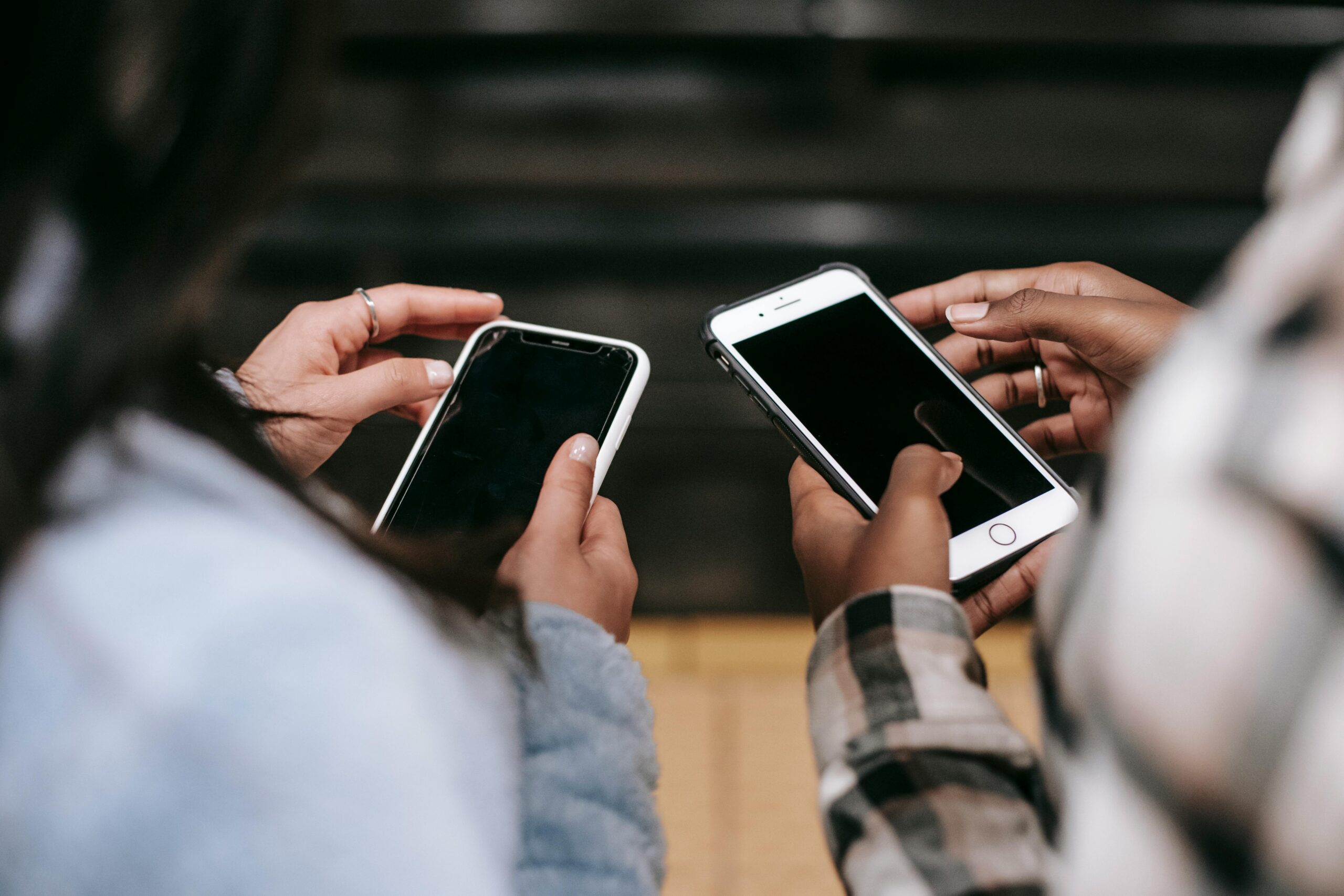
As the global pandemic continues to unfold, the hard reality that life, as we know it, has changed completely may be difficult to come to terms with. Whether you’ve just graduated from college and are starting your first adult job from home, or someone who has transitioned to remote work amid COVID-19, coming to terms with the implications of the virus is no walk in the park.
Regardless of whether you’re living on your own, with a spouse, or with younger children, finding work-life balance can be especially challenging at this time, but with a little effort it’s not impossible. If your professional and personal lives have recently collided under one roof, follow these tips while working remotely during COVID-19 to achieve a good work-life balance.
Prioritize daily work-life tasks
One of the hardest things about finding your “new normal” while working remotely is adjusting your work routine. Routines help to provide structure throughout our day and allow us to effectively make time for everything that needs to be done without causing us to feel overwhelmed by the end of the day. That’s why establishing a routine by prioritizing your daily tasks is vital for finding work-life balance as this will allow you to work more efficiently at home while still having time for you.
When you’re out of the office but still have your typical work tasks to complete, you may feel more pressure and responsibility to get things done ahead of time. As a result, you may be dedicating more of your day to focusing on work’s to-dos instead of life’s to-dos, which can oftentimes hinder work satisfaction and increase stress levels. However, this can be easily prevented by prioritizing your daily-work life tasks before you start each day.
Learning how to prioritize daily work-life tasks is meant to provide direction and structure to your day. In turn, this can serve to support not only your mental well-being but also both your productivity and time management.
Keep up with hygiene habits
Small daily hygiene habits that aren’t necessarily urgent can be easy to put on the backburner when you’re overwhelmed with a million other high-priority tasks. While these little daily to-dos may not seem as important as the other pressing matters, taking care of your self is a vital part of wellbeing.
Although it’s not the end of the world to miss out on certain here and there, forgetting to do so more often than not can be detrimental for your health over time. Particularly if you are already struggling with coronavirus-related anxiety, too much stress can negatively impact the body from the inside-out, which can hinder your motivation and productivity.
If you’re experiencing a lot of stress during this time, you’re more susceptible to blemishes and breakouts as high-anxiety can send your sebaceous glands into overdrive. When this happens, the sebum production in your body increases, causing your skin to produce more oil and your pores to clog— both of which can lead to acne.
Treating and preventing a common skin condition like acne can be easy with the proper skincare routine and acne-fighting products. But remember, consistency is key for a clean, healthy complexion, so don’t let this hygienic habit fall wayside.
Designate an at-home workspace
Having a designated at-home workspace is crucial while working remotely during COVID-19. With both your professional and personal life taking place all under one roof, knowing when to set your work down for the day becomes all the more essential for maintaining your mental health, job tasks, and ultimately, achieving a good work-life balance.
Your designated workspace doesn’t need to be set up in a separate room with a door that closes. Instead, you can set up your work area in a less obvious space in your home. From an unused coat closet, tiny attic room, open space under your stairwell, or even an available corner in your kitchen are all great options for an at-home workspace.
Before you choose where you’d like to spend your days working in your home, there are a few things you should consider. The first is where it’s located in your home. You want to make sure that you set yourself up to be in “work mode” so avoiding areas you prefer for relaxation is key.
Additionally, look for an area in the house that has good natural lighting. Research shows that natural lighting in a work setting can be extremely beneficial for the health and wellness of workers as it serves to reduce eye strain, enhance energy alertness, improve work performance and increase satisfaction amongst employees. It may be a good idea to invest in another natural lighting alternative such as some white LED lightbulbs. This will allow you to gain all the benefits of natural lighting and boost your remote work experience.
Take care of your mental health
Taking care of your mental health is an imperative. Allowing yourself to time each day to take breaks from work and practice is mindful can help keep your mind and body fresh. Plus, it can work to prevent job burnout, which has been a common issue remote workers have dealt amid COVID-19.
How you choose to unwind and take of your mental health is entirely up to you. Not everyone finds their peace the same. For some, practicing meditation or yoga is the best way for them to find their inner zen, whereas others might use other self-care activities like journaling, investing in essential oils for productivity and calmness, or reading to relax after a long day. Do what works best for you and use that to guide how you take of your mental health.

















